What happens if your child has trouble adjusting to Primary 1?
Stepping into a new environment might not always be easy. Challenges that some Primary 1 students face include difficulty recognising personal space, understanding the emotions of others, or remaining calm in challenging situations.
Enter the TRANSIT programme, which is designed to guide Primary 1 students through their new experiences. Short for TRANsition Support for InTegration, the TRANSIT programme helps students get acquainted with the new environment and routines of primary-school life. Launched in 2020, the programme will be progressively rolled out to all primary schools by 2026.
Here, Mdm Quek Ai Hseng, Head of Department at Yishun Primary School, answers some questions parents may have about the programme.
How will teachers know if my child needs help?
Teachers are trained to identify students who struggle with self-awareness and emotional regulation.
Students’ needs are tracked using a Skills Assessment Checklist (SAC), for example. They are assessed based on essential classroom work habits – such as retrieving learning materials, following simple instructions, getting organised, and preparing for class. With such tools and training, teachers aim to get a stronger sense of how students are adjusting to school life, especially in their first month at school and during orientation activities.
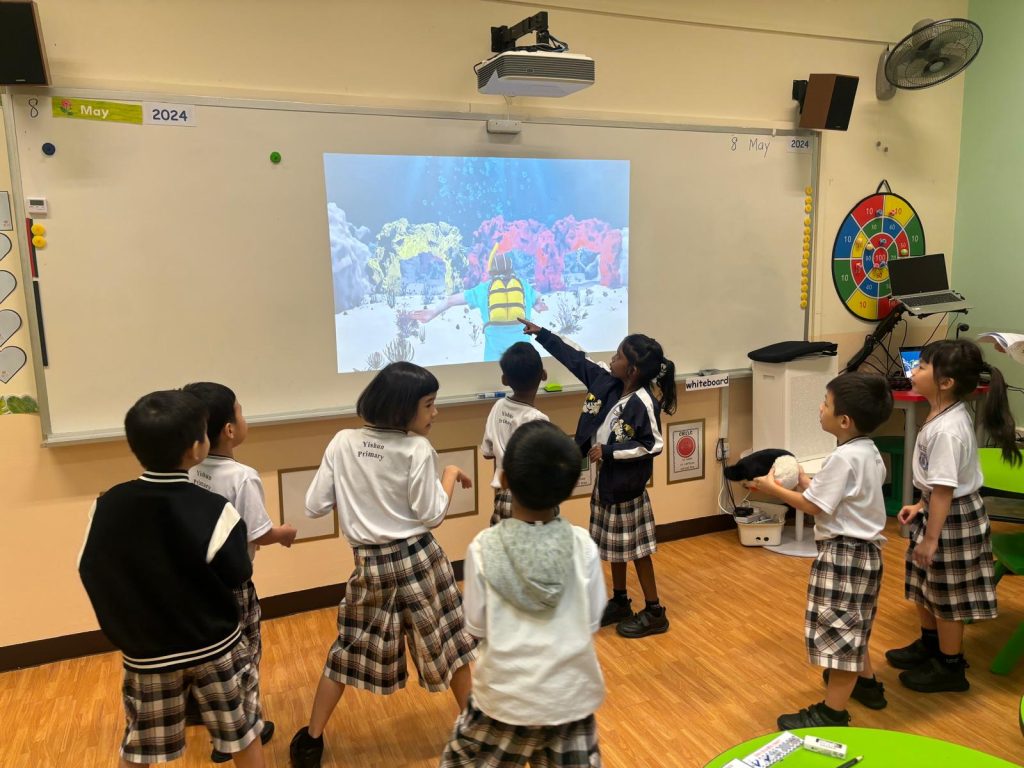
What do students learn during the programme?
Students selected for the TRANSIT programme are given space and time to pick up self-management skills in a smaller class setting. During English and Mathematics lessons, for example, they go to a classroom where there are two teachers overseeing a class of between five and 10 students.
During these lessons, teachers focus on life skills such as communicating well, and guide students on how to follow classroom routines. For instance, the practice of greeting teachers may be broken down into four steps:
- Step 1: Teacher says ‘Class Stand’
- Step 2: Stand up
- Step 3: Look at the Teacher
- Step 4: Greet and Bow
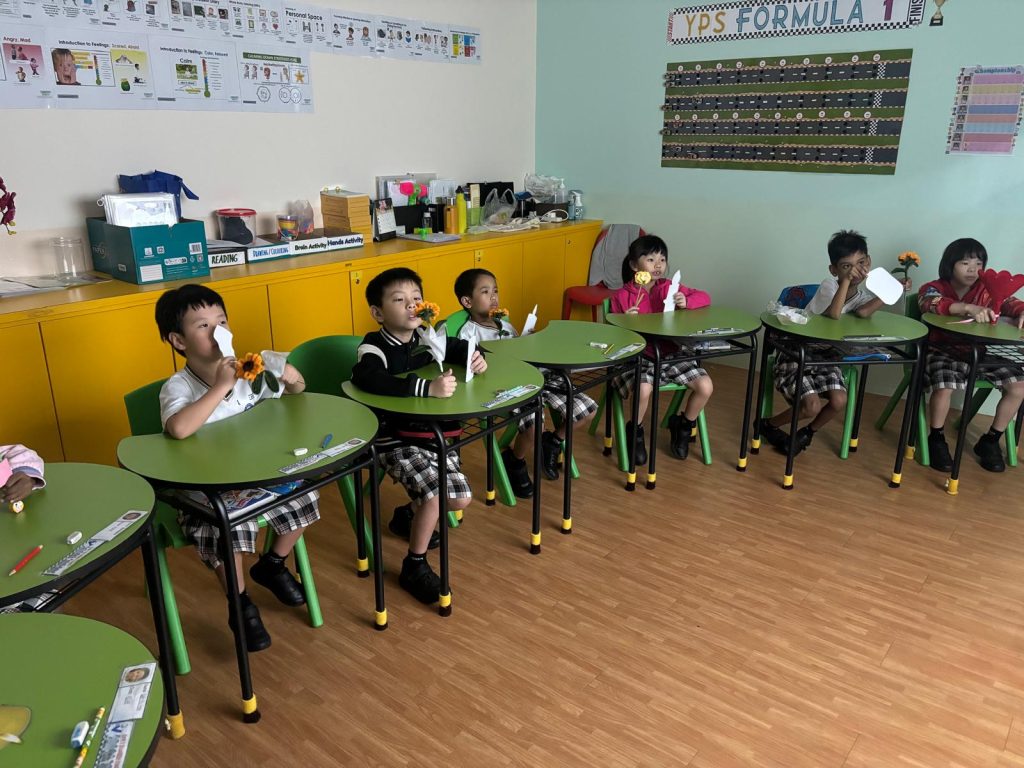
Teachers also role-model positive behaviour, which they then get students to repeat. For instance, when a child is anxious, the teacher reinforces calming-down strategies, such as deep-breathing exercises.
By Term 4, students are integrated into their form classes. Their progress is closely monitored and where necessary, individualised support are provided during lessons.
What role do parents play in this?
Parents are encouraged to declare their child’s educational needs, including special needs where relevant, upon successful registration into the school. Depending on their child’s needs, they may then be approached by the school even before Primary 1 begins for a meeting.
The TRANSIT team, comprising teachers and Special Education Needs Officers, meets the students and parents.
The team gathers feedback from the parents and observes the child during both seat work and play. This allows the school team to allow understand each child’s unique needs.
Once a student is identified for the TRANSIT programme, parents receive detailed information about what the programme involves and how it supports their child’s development. Regular progress reports and updates are shared to keep parents informed about their child’s journey, including key milestones and areas of focus.
The school also provides weekly resources that parents can use to reinforce these skills at home, ensuring consistency between school and home environments.
Formal parent engagement sessions are held at least twice a year, offering the School TRANSIT Team an opportunity to review student goals and progress with parents.
“Every child is precious, and our school’s interventions are tailored to each unique child,” says Mdm Quek.
“We have had a child enter Primary 1 who refused to participate in any class activities. He has since built up confidence and is willing to take up new challenges. “Ultimately, these school-based strategies work best with parent support at home, which we are grateful for.”



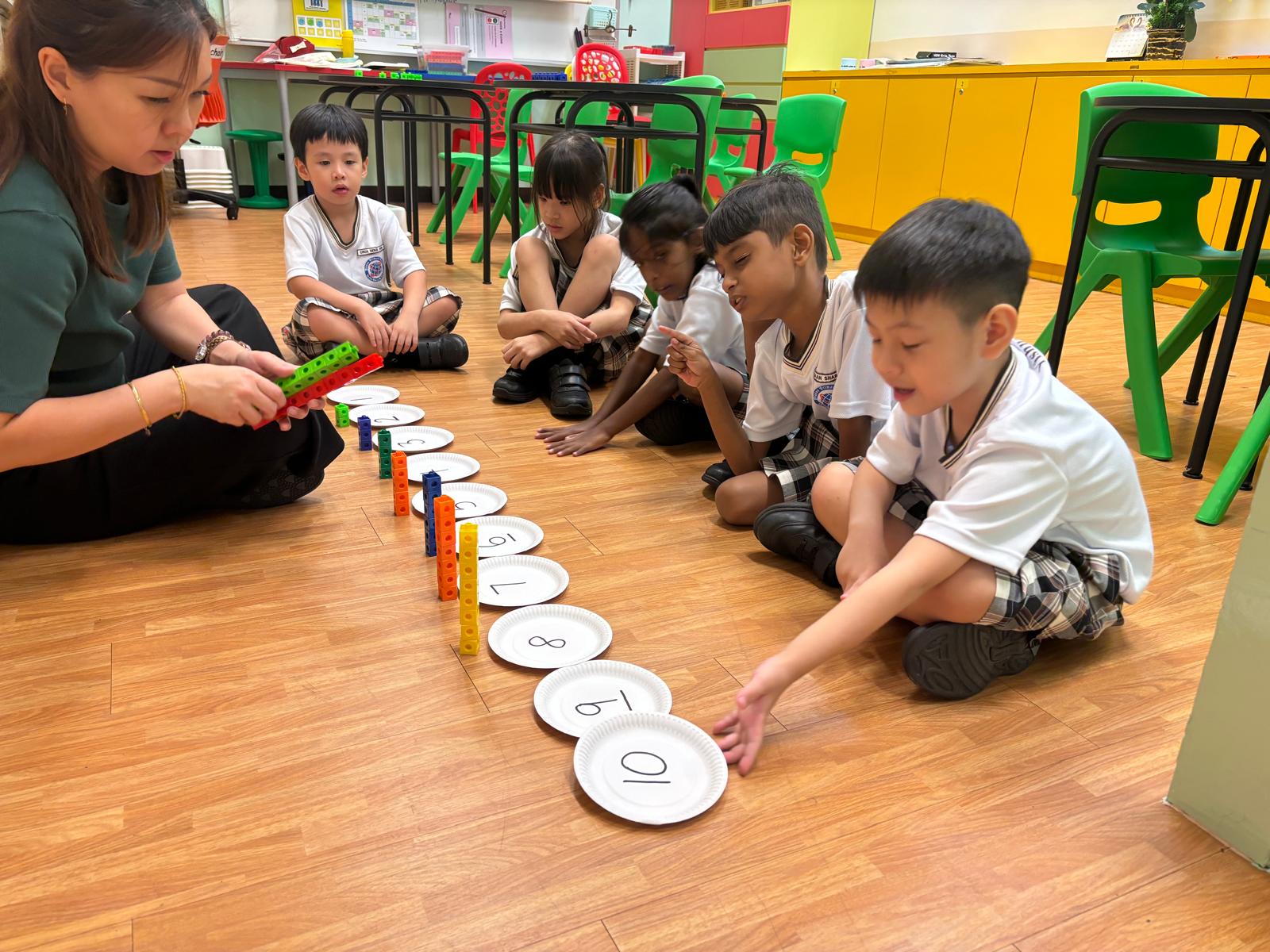
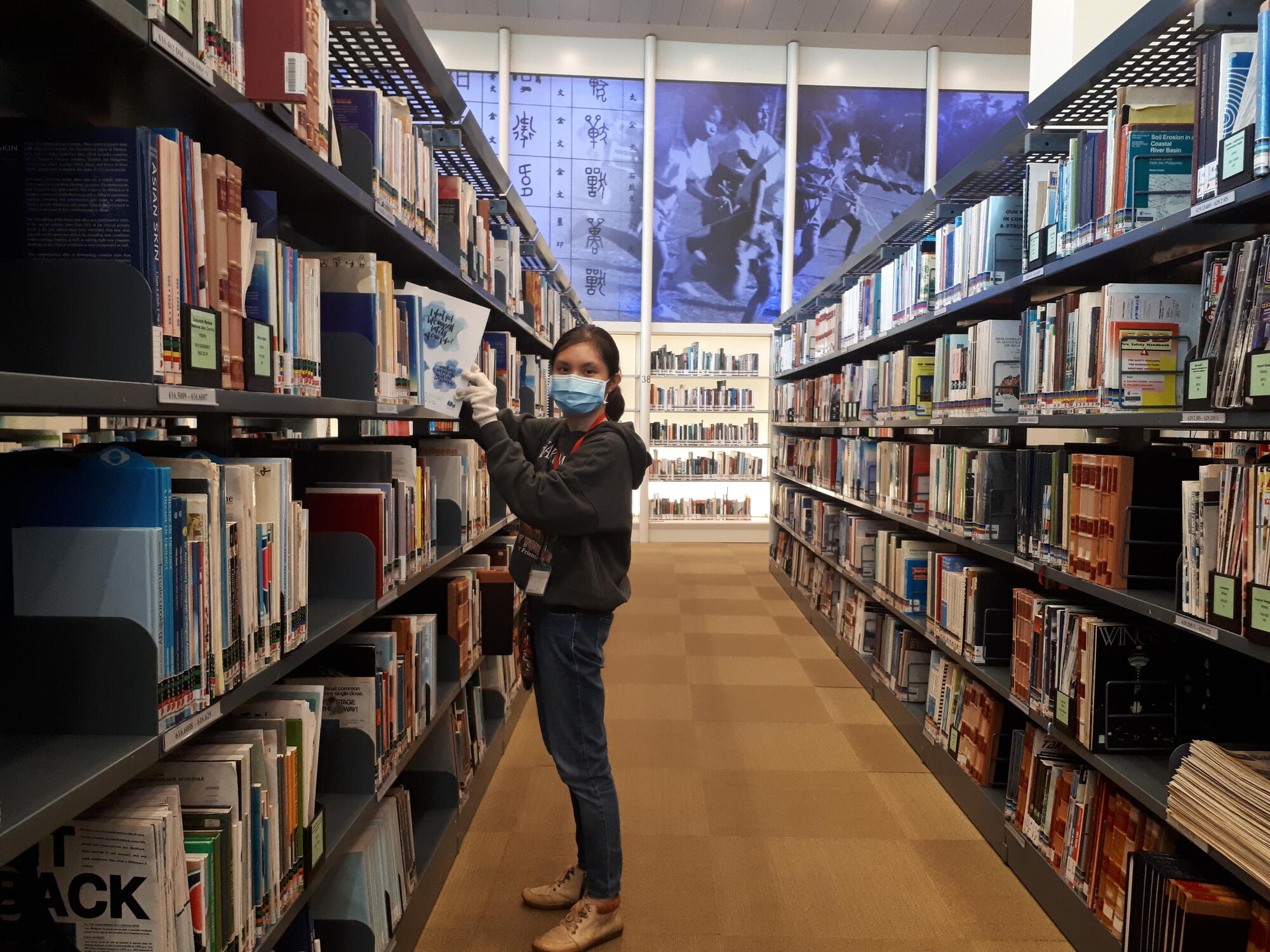
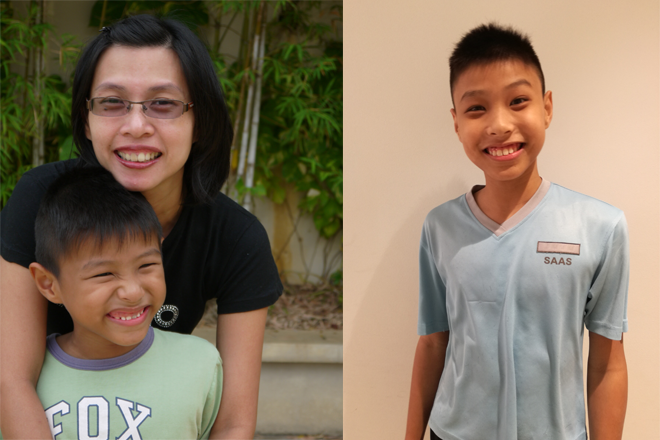
.jpg)